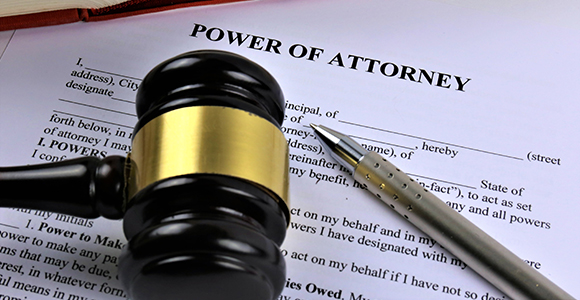WE CAN HELP YOU CALL US TODAY
WE CAN HELP YOU CALL US TODAY

Those who want to ensure that their wishes regarding medical treatment will be respected even if they are later unable to express those wishes, often choose to execute advance health care directives. To find out more about drafting your own power of attorney, please contact a dedicated advance healthcare directives attorney who is well-versed in both state and federal law and can ensure that your rights and interests are protected.
Types of Advance Health Care Directives
Advance health care directives are written statements that instruct hospitals and family members on how to make important medical decisions in the future should the drafter become incapacitated. There are four main types of health care directives:
Of these types of health care directives, health care power of attorney documents are some of the most popular and are drafted by those who wish to grant a third party the power to make health care-related decisions on their behalf in the event that they are no longer of sound body or mind. When drafting these types of documents, the person creating the health care power of attorney is referred to as the principal while the person chosen to make decisions on the principal’s behalf is called an agent. Almost anyone can be assigned to be a person’s agent, except for a health care provider. It’s also a good idea to have someone other than the agent witness the signing of the health care power of attorney document.
What Does a Power of Attorney Do?
Principals can give agents specific directions about the types of health care that they do and do not want to receive. For example, a principal can instruct an agent to refrain from using certain life-sustaining treatments if he or she becomes incapacitated, or when the use of those life-sustaining treatments should be terminated. Principals can also include instructions stating their refusal of certain types of treatments, whether for personal or religious reasons.
How Long do Power of Attorney Documents Remain in Place?
Unless a principal includes time limits in his or her power of attorney, this type of document will continue in effect from the time it is signed until the drafter’s death. However, these documents can even grant decision making power to the agent after the principal has passed away, so if a person wanted his or her remains to be disposed of in a certain way, or donated to a medical research facility, he or she could include those details in the document. Principals can also cancel their power of attorney directives at any time, either by canceling them in writing or by directing someone else to do so. It is also possible to name a backup agent to act in the event that the first agent cannot or will not take action as directed.
Call Today to Speak with an Experienced Skokie Advance Health Care Directive Attorney
Please contact Orlowsky & Wilson, Ltd. Attorneys at Law at 847-325-5559 today to discuss your advance health care directive-related options with a dedicated attorney.